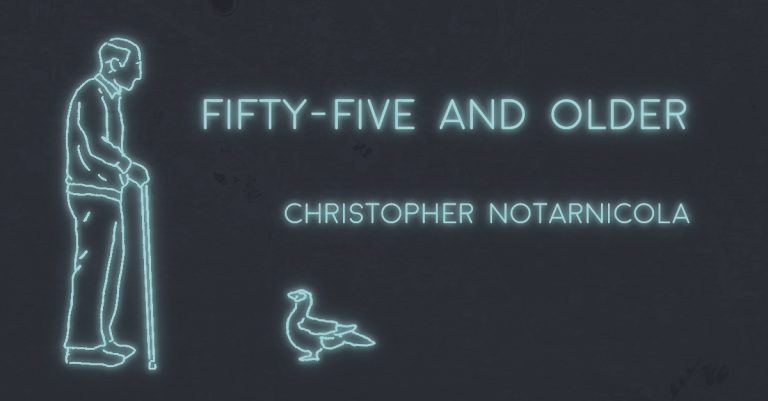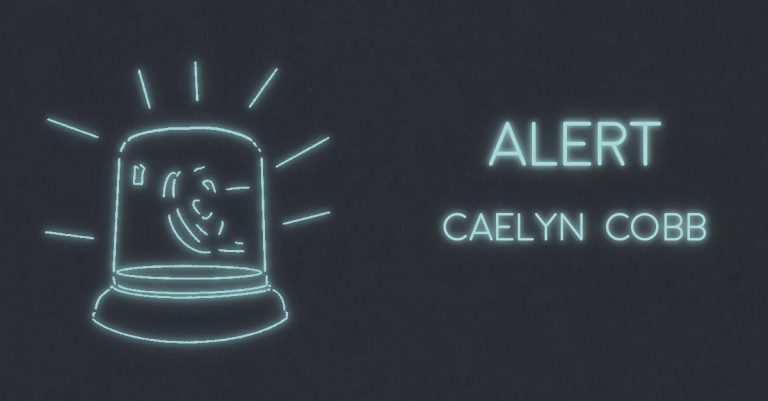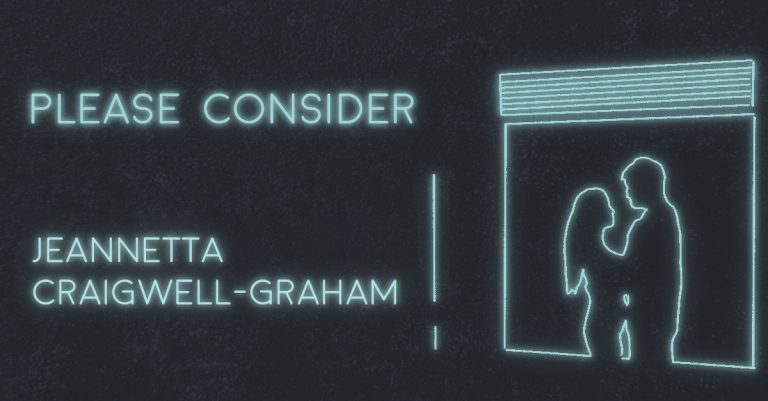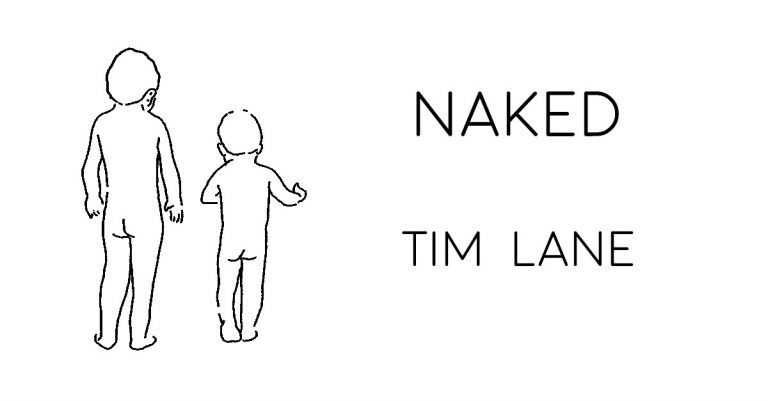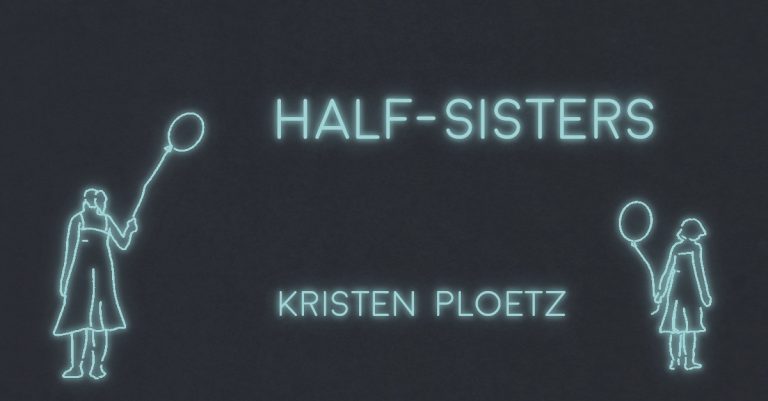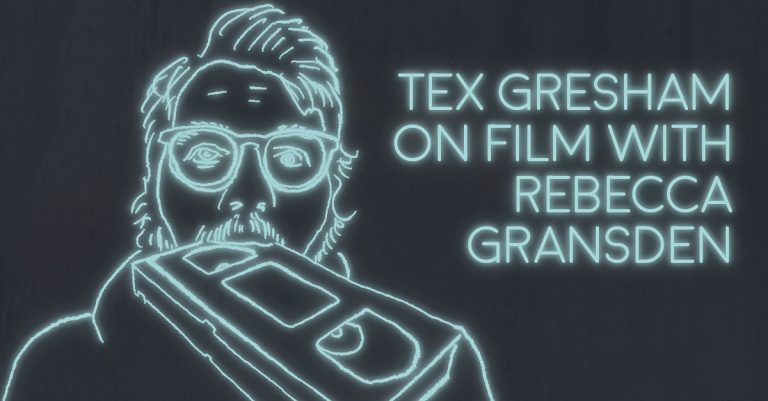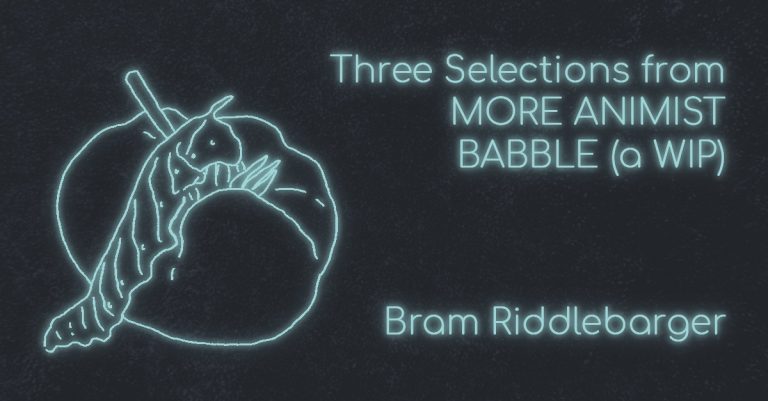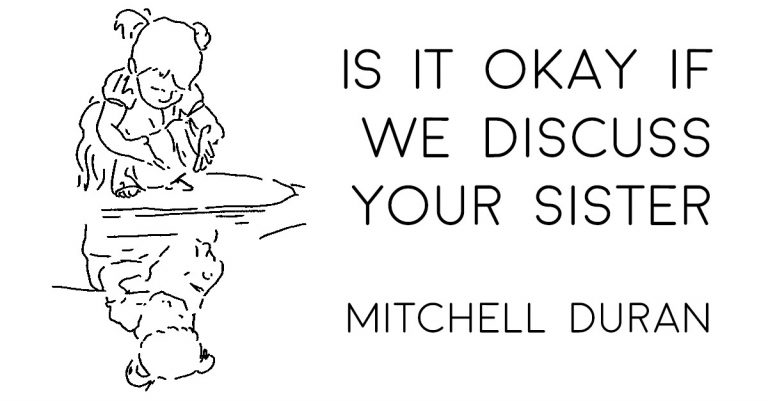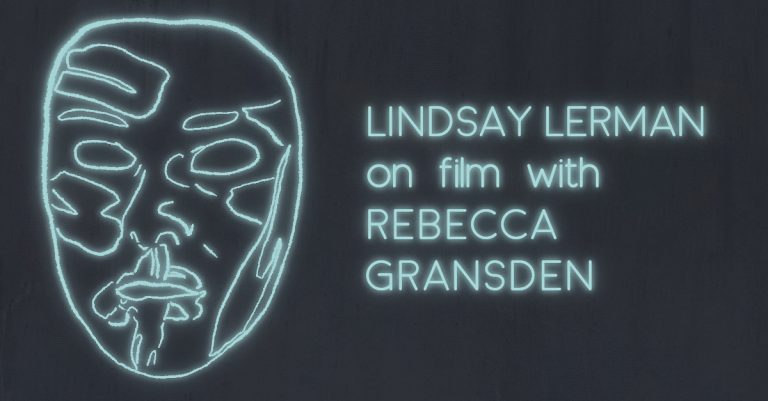
LINDSAY LERMAN on film with Rebecca Gransden
What films first felt transgressive to you? Do you remember being secretive about any films you watched growing up? I saw Liquid Sky in high school, and although much of it was mostly just weird to me because of how young and clueless I was, the amazing blacklight monologue scene and its “cunt that kills” focus (and its 80s underground punk aesthetic in general) seemed transgressive to me in ways that were thrilling and subtle. Also, the first person I fell really, really in love with was older than me and loved Prince. Because of this person, Purple Rain was


